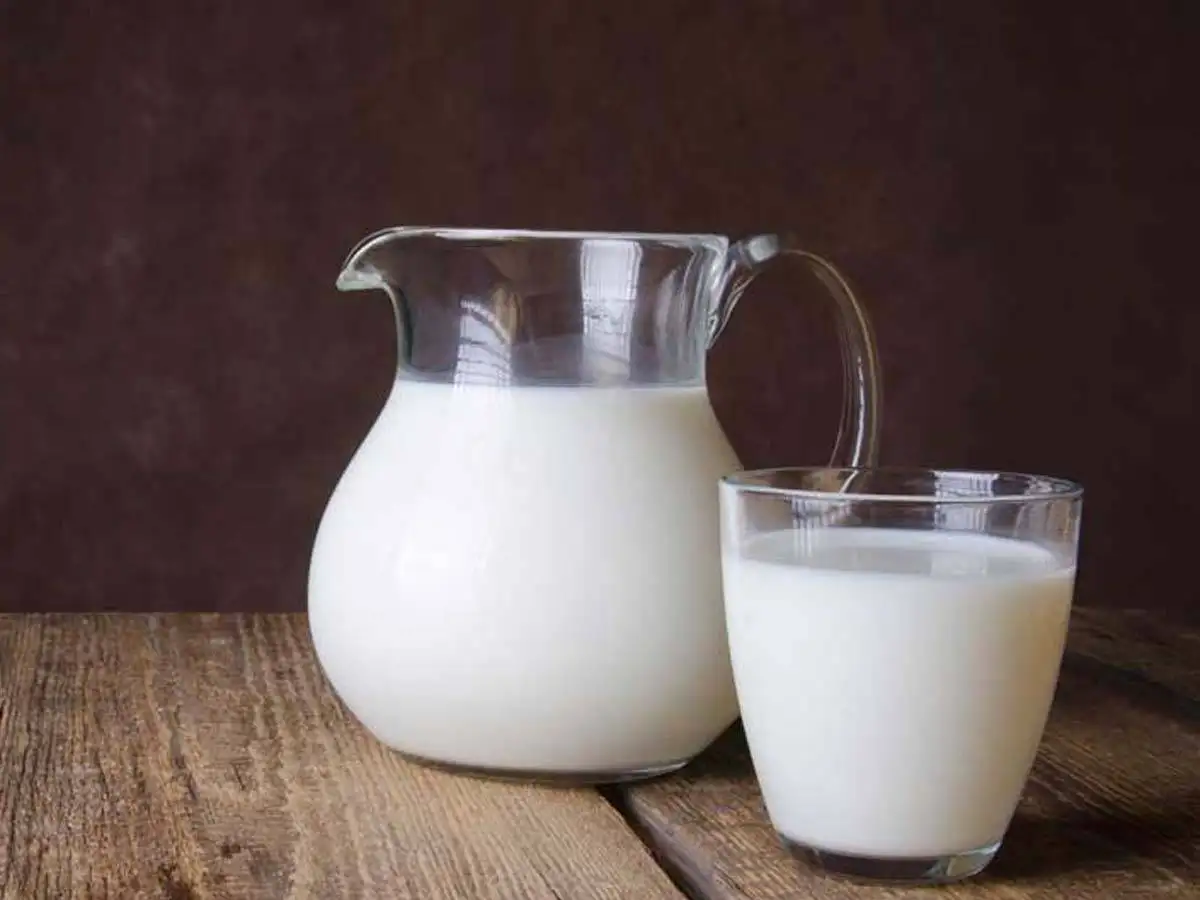Introduction to Milk
Milk is a staple beverage consumed by people around the world. It is produced by mammals, primarily cows, and provides essential nutrients for growth and development. In this comprehensive guide, we will explore the nutrition facts, health effects, and common questions related to milk consumption.
Nutritional Composition of Milk
Macronutrients
Milk is rich in macronutrients, including:
Protein
Milk contains high-quality protein, which is essential for building and repairing tissues.
Carbohydrates
The primary carbohydrate in milk is lactose, a natural sugar that provides energy.
Fat
Milk contains varying amounts of fat, depending on the type (whole, reduced-fat, skim, etc.).
Micronutrients
Milk is also a good source of micronutrients, including:
Calcium:Essential for bone health and muscle function.
Vitamin D: Helps the body absorb calcium and supports immune function.
Vitamin B12: Important for nerve function and the production of red blood cells.
Riboflavin (Vitamin B2): Supports energy metabolism and skin health.
Phosphorus: Required for bone health and cell function.
Potassium: Important for heart health and fluid balance.
Health Effects of Milk Consumption
Bone Health
Milk is often associated with strong bones due to its calcium content. Consuming an adequate amount of calcium from milk and other dairy products can help prevent osteoporosis and reduce the risk of fractures, especially in older adults.
Growth and Development
Milk is a valuable source of protein and essential nutrients for children’s growth and development. It provides a balanced combination of amino acids necessary for building muscle, tissues, and organs.
Heart Health
While milk contains saturated fats, research suggests that moderate dairy consumption is not associated with an increased risk of heart disease. In fact, some studies indicate that dairy products may have a neutral or beneficial effect on heart health when consumed as part of a balanced diet.
Weight Management
Some evidence suggests that consuming dairy products, including milk, as part of a calorie-controlled diet may support weight loss and weight management efforts. The protein and calcium in milk can help promote satiety and preserve lean muscle mass during calorie restriction.
Digestive Health
For individuals who are lactose intolerant, consuming milk can lead to digestive discomfort such as bloating, gas, and diarrhea. However, lactose-free milk and dairy alternatives such as soy milk or almond milk are available for those who cannot tolerate lactose.
FAQs About Milk
Is milk suitable for individuals with lactose intolerance?
For individuals with lactose intolerance, consuming milk can cause digestive discomfort. However, lactose-free milk and dairy alternatives such as soy milk or almond milk are available, providing options for individuals who cannot tolerate lactose.
Can milk help prevent osteoporosis?
Milk is a good source of calcium, which is essential for bone health. Consuming an adequate amount of calcium from milk and other dairy products, along with regular exercise, can help prevent osteoporosis and reduce the risk of fractures, especially in older adults.
Is organic milk healthier than conventional milk?
Organic milk is produced from cows that are raised without synthetic pesticides, hormones, or antibiotics. While organic milk may have some nutritional differences compared to conventional milk, such as higher omega-3 fatty acid content, the overall health benefits are still being debated. Both organic and conventional milk can be part of a healthy diet.
Can milk consumption lead to acne?
Some people believe that milk consumption may exacerbate acne due to its hormonal content and potential for increasing insulin-like growth factor-1 (IGF-1) levels. However, scientific evidence on the relationship between milk consumption and acne is inconclusive, and individual responses may vary.
How much milk should I drink per day?
The recommended amount of milk consumption varies depending on factors such as age, sex, and overall dietary intake. In general, adults can aim for 2-3 servings of dairy per day, which may include milk, yogurt, and cheese, as part of a balanced diet.
Is it safe to consume raw milk?
Raw milk is unpasteurized and may contain harmful bacteria such as E. coli, Salmonella, and Listeria, which can cause foodborne illness. Health organizations recommend consuming pasteurized milk to reduce the risk of foodborne pathogens and ensure safety.
Can milk be included in a vegan diet?
Traditional cow’s milk is not suitable for a vegan diet as it is derived from animals. However, there are many plant-based milk alternatives available, such as soy milk, almond milk, coconut milk, and oat milk, which are suitable for vegans and individuals with dairy allergies or lactose intolerance.
Conclusion
Milk is a nutrient-rich beverage that provides essential nutrients such as protein, calcium, and vitamins. Incorporating milk into a balanced diet can support bone health, growth and development, heart health, and weight management. However, individuals with lactose intolerance or dairy allergies can choose from a variety of dairy alternatives available in the market. Understanding the nutritional composition and health effects of milk can help individuals make informed choices about their dietary intake and overall health.
- Profhilo Treatment Near Selhurst, Surrey - May 31, 2025
- THC Seltzers And How To Enjoy Them Responsibly - May 30, 2025
- Secondary Partners: Navigating Non-Primary Roles In Polyamory - May 29, 2025

